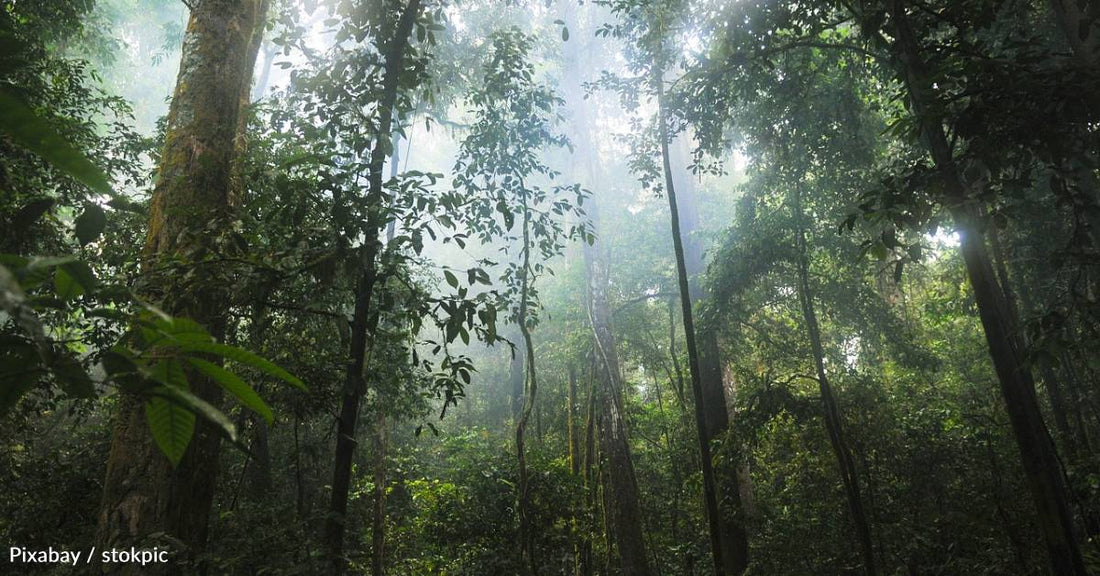Climate Change May Also Be Impacting Species Below the Canopy in Tropical Forests
Michelle Milliken
Tropical rainforests play a big role in the planet’s biodiversity. About half of all animal and plant species can be found there, along with two-thirds of flowering plants. However, climate change may be putting these species’ survival at risk, even those that live under the protection of the canopy.
New research published in Nature Climate Change looked at the current and historical climate conditions of 300,000 tropical forests throughout the world, to see specifically how conditions have changed under the tree canopy. The team behind the study says that it’s generally believed that this area is more shielded from the impacts of climate change, as there’s less direct sunlight and more evapotranspirative cooling.

However, the research shows that between 1990 and 2019, most of the forests experienced small temperature increases beneath the canopy that have led to new climate conditions not seen before in historical records, including changes in average temperatures. This was true even in contiguous and protected forests. The findings suggest that the canopy may not shield the areas beneath it from the impacts of climate change as well as was thought. This could have harsh impacts on the animals that live there, and on our planet, as we may lose some of the carbon storage these forests provide.
David Edwards, study co-author and professor at the University of Cambridge’s Department of Plant Sciences, says, "Tropical forests are the true powerhouses of global biodiversity, and the complex networks of species they contain underpin vast carbon stocks that help to mitigate climate change. A severe risk is that species are no longer able to survive within tropical forests as climate change intensifies, further exacerbating the global extinction crisis and degrading rainforest carbon stocks.”
Most of the animals that live within tropical forests are found in or beneath the tree canopy, so the findings directly impact them. The team says these species have evolved under relatively consistent climate conditions and may have a harder time surviving as conditions to which they’re unaccustomed become the norm in their homes.

However, the research did find that some tropical rainforests did not depart from their usual conditions, which means it may be even more important to protect them. The protection would not only allow the species already living there to find refuge from climate change underneath the canopy, but it would also allow animals from less hospitable forests to find safety there. The key to this, the team says, is ensuring there’s better connectivity between forests.
Dr. Brittany Trew, the study’s lead author and Conservation Scientist for the Royal Society for the Protection of Birds, says, “Tropical forests, home to many of the world’s highly specialised species, are particularly sensitive to even small changes in climate.
“Our research shows that climate change is already impacting vast areas of pristine tropical forest globally. To provide species with the best chance to adapt to these changes, these forests must be protected from additional human-induced threats.”

If you’d like to help protect forests, consider lending us a hand in planting trees!

